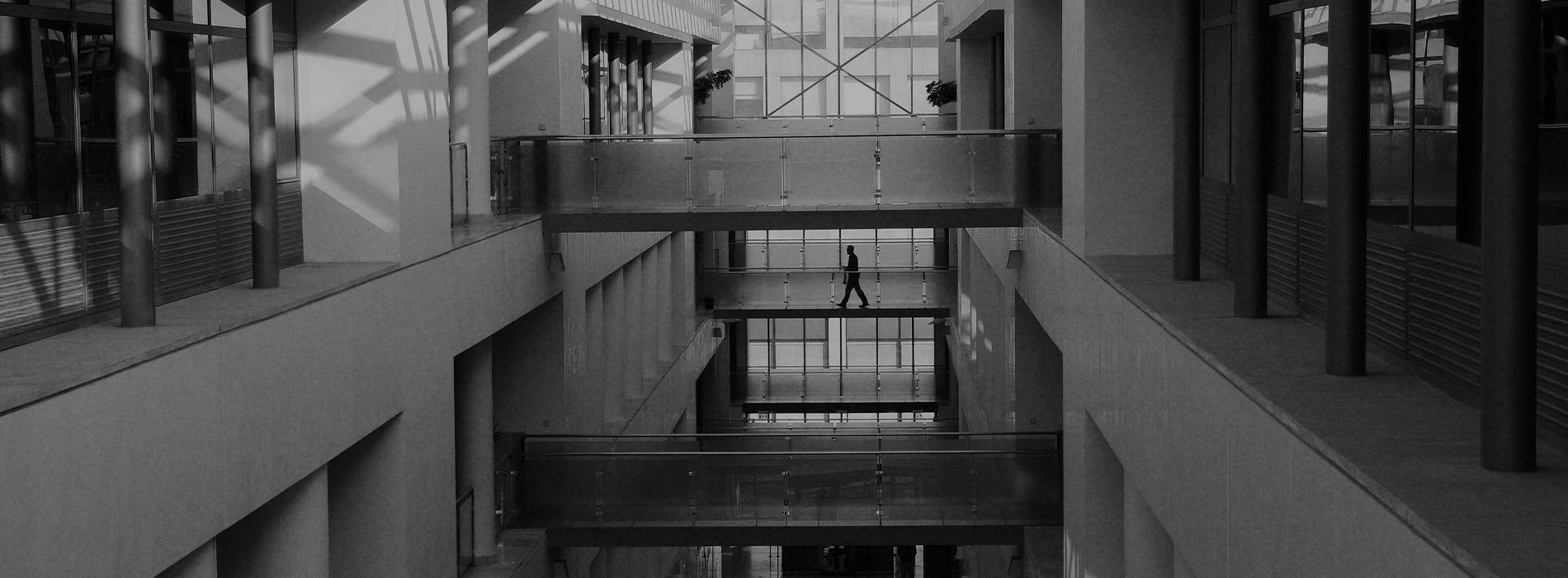CORPI is concerned with questions of religious change and specifically of the change brought about by forced mass conversion in late medieval/early modern Iberia. It departs from two convictions:
Firstly, that new Converts constituted complex groups, in dialogue both among themselves and with Old Christians, and were open to the transmission and translation of ideas, images, and religious emotions.


